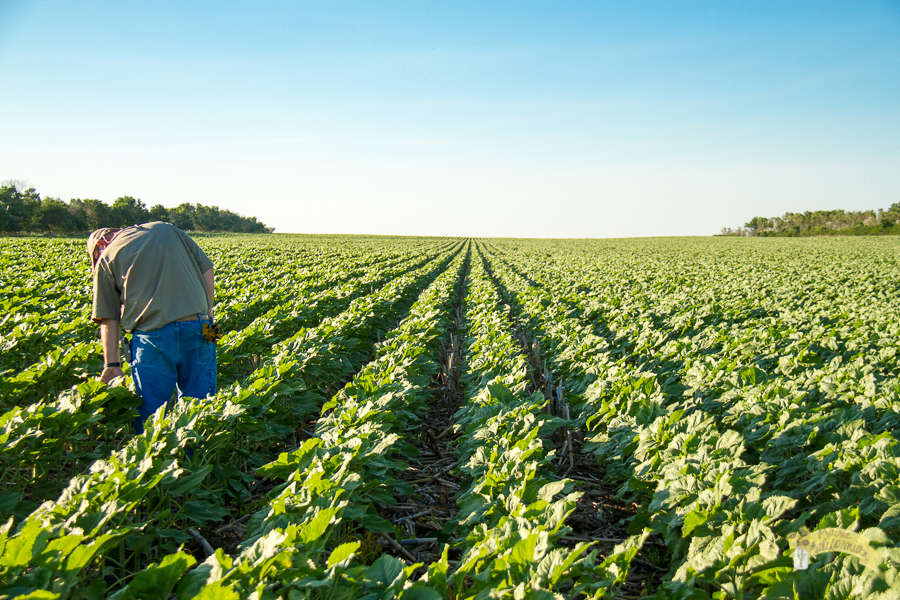
Precisely what is an agronomist?
An agronomist is an expert who applies scientific knowledge and procedures for the administration and manufacture of crops. Agronomists work in a number of settings, from farms and ranches to government organizations and personal organizations. They may also operate in research laboratories or instruct at colleges and universities.
Most agronomists have at the very least a bachelor's diploma in agronomy or even a similar area, which include agricultural science or soil science. Numerous agronomists even have master's degrees or doctorates. The precise nature of an agronomist's work depends on their specialty and employer.
Agronomists Participate in a significant part in guaranteeing that crops are healthier and productive. They use their understanding of plant science to establish means to improve crop yield, battle pests and diseases, and preserve water as well as other resources.
The purpose of the agronomist
is to help the world meet its increasing food output requirements. According to the U.S. Bureau of Labor Figures (BLS), employment for agronomists is anticipated to increase a lot quicker than average, with openings as a result of progress and alternative requirements.
The work of the agronomist
is complicated and rewarding, with agronomists frequently being involved in study and training.
The schooling of the agronomist
Agronomists will need not less than a bachelor's diploma in agronomy or related field from an accredited university.
The future of agronomy
Agronomists help to ensure that the world's population has sufficient foods, and so they function to enhance crop yields and decrease agriculture's impact on the environment. The BLS says that agronomists are in demand, but competition for jobs is probably going to generally be strong.
Summary
Agronomists are focused on the review of plants, and they work in many different fields, from learn more agricultural investigation to boosting crops. Agronomists are necessary to make certain that crops are produced for consumption, but they also help produce biofuels and various plant-based products and solutions.